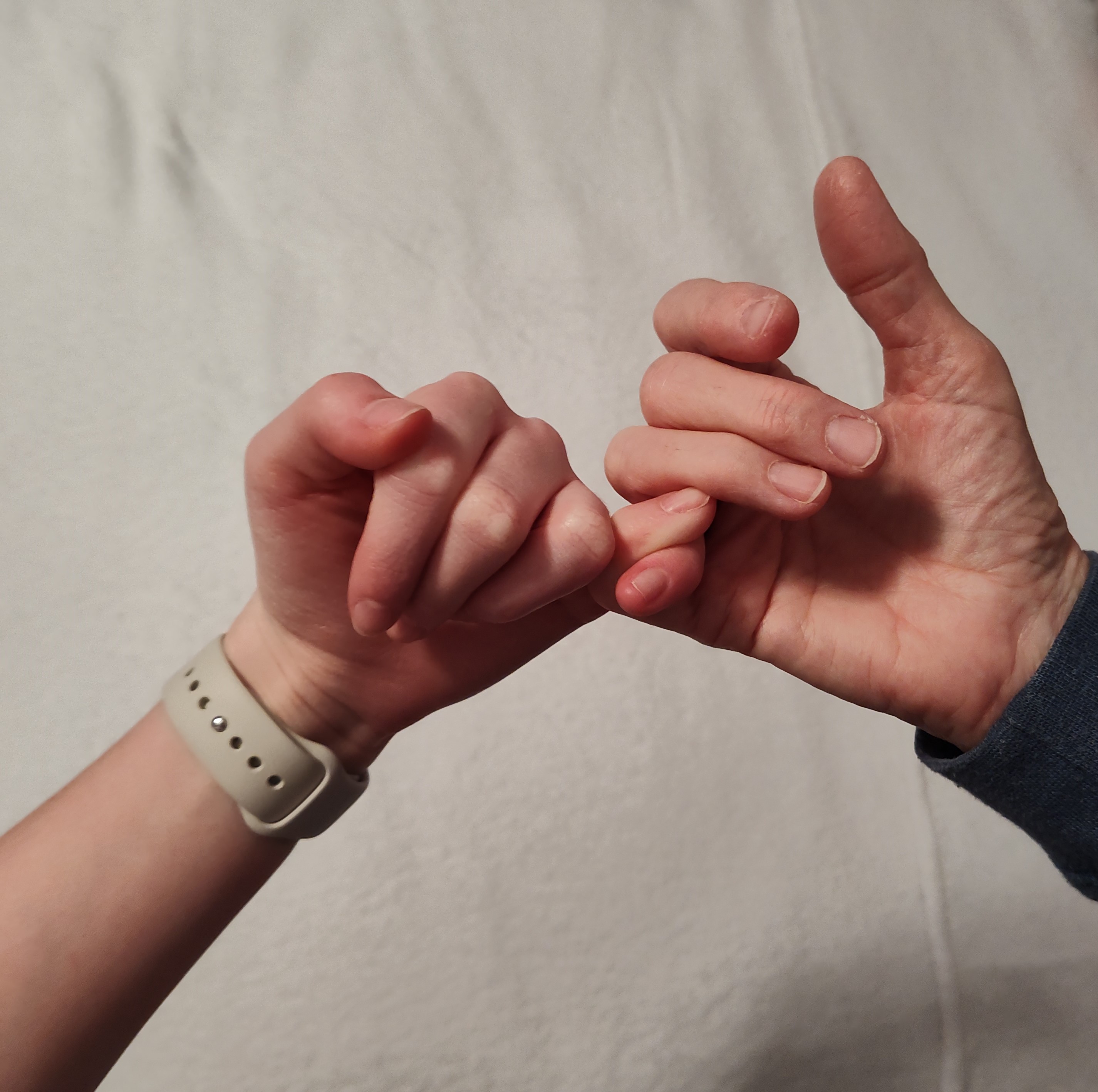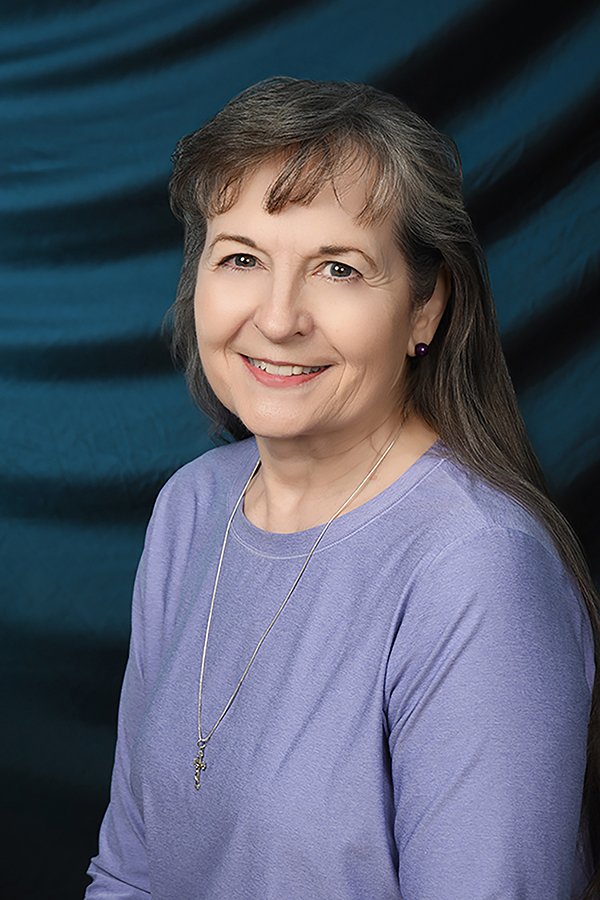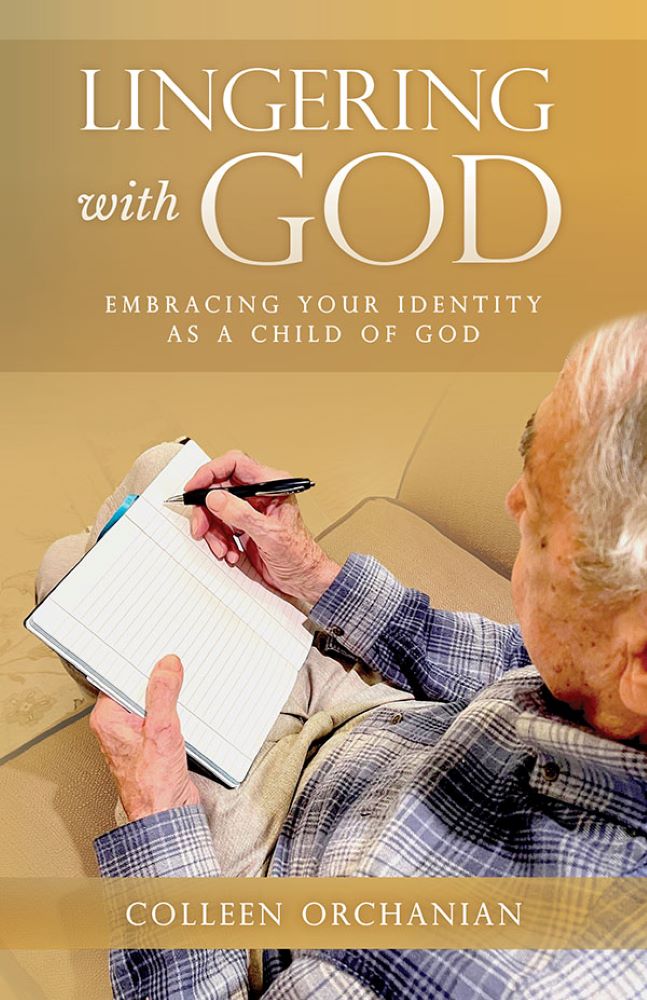Promises Promises
 Have you ever heard of a pinky promise? Kids sometimes do that when they have a little bit of doubt about what the other person is saying. If I pinky promise, I really mean it.
Have you ever heard of a pinky promise? Kids sometimes do that when they have a little bit of doubt about what the other person is saying. If I pinky promise, I really mean it.
We make promises at different times in our lives, and some of those promises mean more than others. Take for instance our wedding vows. A vow is defined as a solemn promise or an oath. When a bride and groom take their vows, they respond, “I do” to a series of questions. Their “I do,” carries a lot of weight. Imagine if the bride said, “Yeah, sure” and the groom said, “OK” instead of “I do.” It wouldn’t mean the same thing. I would question whether they were actually committed to each other forever.
“I do” is serious.
As a Catholic, there is another time when I will say, “I do.” Every year at Easter Mass we renew our baptismal promises. The priest asks a series of questions and we respond, “I do.”
“I do” in the baptismal promises, as in wedding vows, means something more than intellectual agreement. We vow with our heart and will.
Here are the baptismal promises we make and some reflections on each of them.
The first three questions are directed to our relationship with Satan. They are:
Do you reject Satan?
And all his works?
And all his empty promises?
Before I promise to love and serve God, I have to get rid of any attachment to the evil one. He is the enemy of my soul. He promises things of the world that will make me happy, but they do the opposite. He is the father of lies and you can’t trust him. He disguises himself and can fool us into thinking dangerous things are harmless. Every temptation to sin comes from the enemy.
As you consider the questions about rejecting Satan, think about when you have done that. How has he manifested himself in your life? Where does he attack you? How does he distract you from God? If you ponder that, you can more completely vow, “I do!” to each question. Do you reject Satan, and all his evil works, and all his empty promises?
Do you believe in God, the Father Almighty, Creator of heaven and earth?
Of course, I believe in God, but who is God? Is he the good and loving Father? Is he Almighty – more powerful than the devil? Is he the Creator of Heaven and Earth? Why does this matter? Because we need to believe in what’s true. We need to know God as Father. We need to know his power. We need to know that He created us out of nothing. Then we will have a right relationship with God.
Do you believe in Jesus Christ, His only Son, our Lord, who was born of the Virgin Mary, was crucified, died and was buried, rose from the dead, and is now seated at the right hand of the Father?
If we think Jesus was just a good man or a wise teacher, we don’t know Him. He is more than that. He is God. If we deny his death and resurrection, we deny Him. When we acknowledge His life, death, and resurrection, we realize that He came to save us – each one of us. Do I believe what the Bible tells me about Jesus? If so, I should be overwhelmed with gratitude and confidently say, “I do!”
The final question has several parts.
Do you believe in the Holy Spirit, the holy Catholic Church, the Communion of Saints, the forgiveness of sins, the resurrection of the body, and life everlasting?
Do you believe in the Holy Spirit? God speaks through His Holy Spirit. Jesus ascended into heaven so the Holy Spirit could come. The apostles needed the gifts of the Holy Spirit to fulfill their mission to preach the Gospel to the whole world. You and I need the Holy Spirit to fulfill the mission God has given to us. Any good inclination I have is inspired by the Holy Spirit.
Do you believe in the Holy Catholic Church? Jesus said that His church was holy. That doesn’t mean that all of the people in the church are holy, or even that all the church leaders would be holy – because we know that isn’t the case. We are a holy Church because the Church is the body of Christ and Christ is holy. It is the Catholic Church because Catholic means universal. There are Christians in every nation.
Do you believe in the Communion of Saints? We are surrounded by a great cloud of witnesses (Hebrews 12:1). In the Catholic Church, we talk about the Church Triumphant, which is the saints in heaven, the Church Suffering, meaning those in purgatory being purified to enter heaven, and the Church Militant, which means you and me still in the world fighting the good fight. All of us are one in Christ. We are the Communion of Saints.
Do you believe in the forgiveness of sins? That’s what the death of Christ was all about – forgiveness of our sins. Do you believe that your sins are forgiven? Have you gone to Jesus in repentance or do you despair like Judas?
Do you believe in the resurrection of the body and life everlasting? Paul wrote that we are people of hope because we know our physical death is not the end, only the means by which we enter into eternal life. There is so much more than this life on earth. We believe!
When I took my wedding vows, I meant my “I do.” But I can see 44 years later that I had no idea what those words meant in their fullness. I couldn’t have understood it at that point in my life because I was young and immature. It took real-life experience to understand their meaning. Even so, those vows were still valid.
Our baptismal promises are the same. As we mature in our spiritual life, we understand more fully those promises. Yet, even now, decades later, we can still learn more, we can still go deeper. We can spend time in prayer to ponder each of these questions and explore the strength of our personal “I do.” Are there any that are “pinky promises” rather than solemn vows?
The Baptismal Promises are powerful reminders of who we are and what we believe. It is a good spiritual practice to meditate on them at least once a year. God doesn’t need to hear it, but we surely do! May that meditation bring you to a deeper encounter with God - Father, Son, and Holy Spirit.
Questions for prayer:
How have you come to a deeper understanding of the baptismal promises as you matured spiritually?
Which part of the baptismal promises would you like to explore more thoroughly and why?

